Developed by ZA/UM, Disco Elysium is a CRPG that puts you in the shoes of an amnesiac detective tasked with solving a murder mystery about a hanging. Even if you’ve beaten the game and seen the ending, not everything might seem clear to you as the game throws a few curve balls and surprises our way in that last act. Here’s what you need to know about the ending of Disco Elysium.
Disco Elysium Ending Explained
At the very end of the game, after the Merc Tribunal, the detective (who we now know as Harry) and Kim (or Cuno, depending on your choices in the game) will take a boat out to a deserted island, where you finally come face to face with the killer. Known only as the Deserter, the old man confesses to the crime and explains his own backstory to the policemen.
As we speak to the Deserter, we learn that he’s basically been living on this island for the past four or five decades, unable to let go of his ideals and beliefs in communism. Before long, we learn that the victim wasn’t actually hung, but shot by him in an attempt to frame Klaasje, and the cause of death was covered up by the hanging.
However, there’s more to his motivations than just revenge and obsession with Klaasje. Assuming that the player has completed the side quest with the two cryptozoologists, you’ll learn more about the existence of a mysterious cryptid that they’re looking for in Martinaise.
All throughout the game, it’s never quite clear whether the cryptid actually exists, until you reach the island.
Again, assuming that your character has enough points invested in the Inland Empire skill, you’ll be able to talk to the cryptid, referred to here as the phasmid. The phasmid then explains its purpose and worldview, and also implies that it was the one who influenced the Deserter into committing the crime in the first place.
As it turns out, the phasmid had also been living on this island for years, alongside the Deserter. Spending too much time in close proximity with the phasmid eventually led the Deserter’s mind to be influenced by its pheromones, causing him to commit the crime which set the entire story in motion.
Talking to the phasmid, you learn that it has a somewhat nihilistic worldview, and explains that the people of Martinaise will eventually fade and ultimately, nothing really matters. The core issue here is the Pale, which is a phenomenon that is referenced several times in Disco Elysium.
We never quite learn what the Pale actually is, except that it’s some sort of phenomenon that’s slowly causing mental deterioration among the people, and eventually all of humanity will be lost to it.
The phasmid also spends time talking Harry through his own issues, at the center of which is his mysterious ex that the game has alluded to this whole time.
As it turns out, the woman Harry was hung up over wasn’t actually an ex-girlfriend or ex-wife at all; she just happened to be a woman he had fallen in with, and he never quite got over his feelings for her. The phasmid advises him to move on.
At the end of the conversation, the police eventually take the phasmid in for research and PR for the case.
While the ending feels wholly unsatisfying because of the way the final act railroads you into a conversation with two unknown beings that basically confess to the big crime, perhaps it would be easier to think of it as a metaphorical conclusion for the entire story.
The bulk of Disco Elysium is having mundane conversations with NPCs, and even pursuing several side quests that can feel inane or irrelevant at times. It feeds into the phasmid’s larger message on existentialism that nothing really matters in the end, and it’s how you choose to spend your time before death that’s really important.
Whereas the Deserter has become blinded by his own grief and regrets and pushed to murder by the phasmid, Harry himself isn’t quite at that stage yet.
Both characters are strikingly similar to each other in that they’re both trying hard to hang on to something in their past, but perhaps the final conversation with the phasmid is enough to convince Harry (and the player) that he doesn’t have to go down that same path.
At the end of the day, this is just one possible interpretation of the ending, and much of the lore and story of Disco Elysium can only be uncovered through a variety of means and multiple playthroughs. But hopefully this gave you a bit more clarity with regards to what was happening in the final act of the game.
Be sure to search for Twinfinite for more tips and information on Disco Elysium.

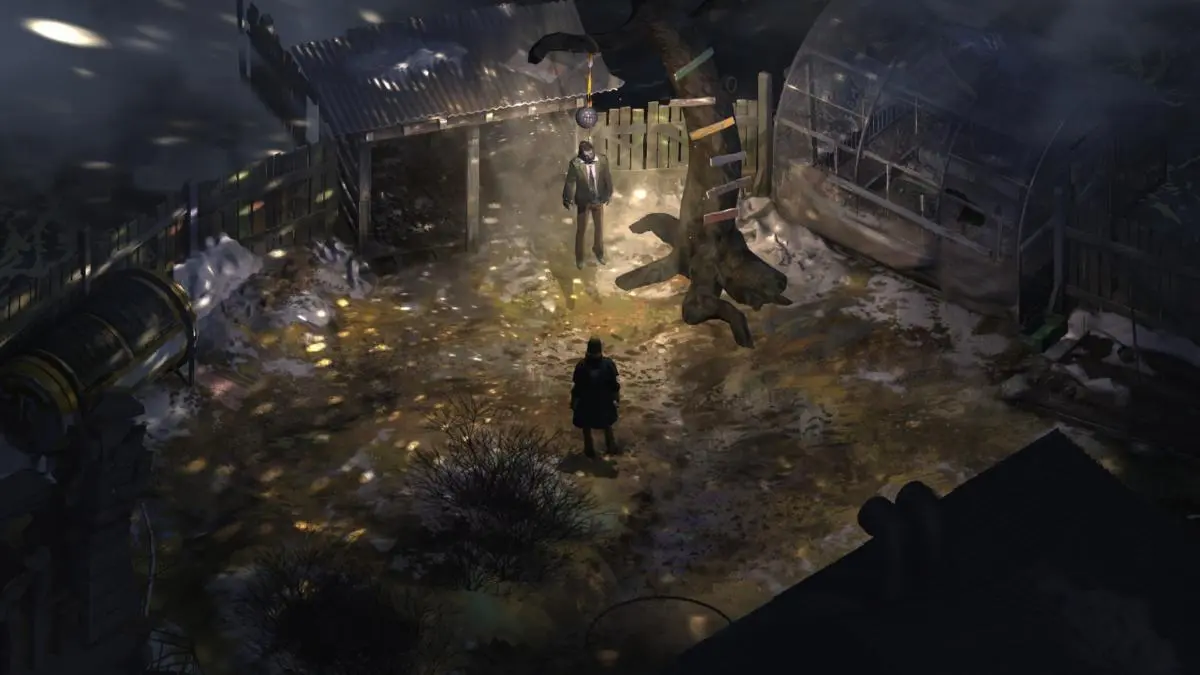

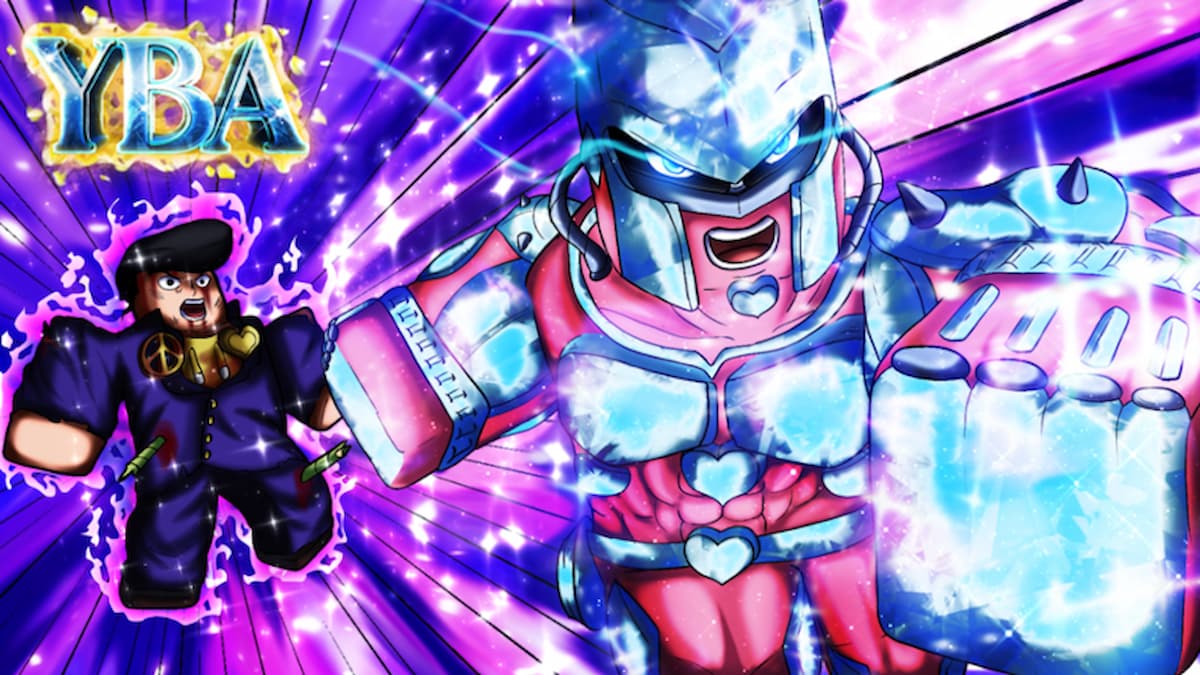
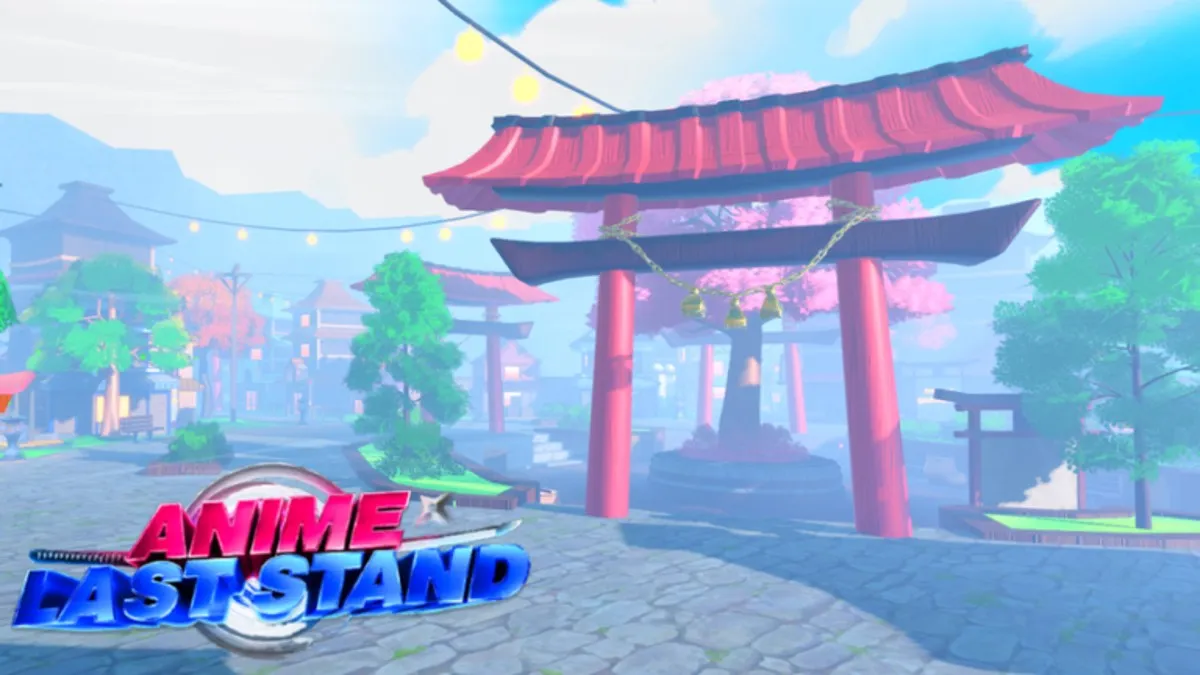
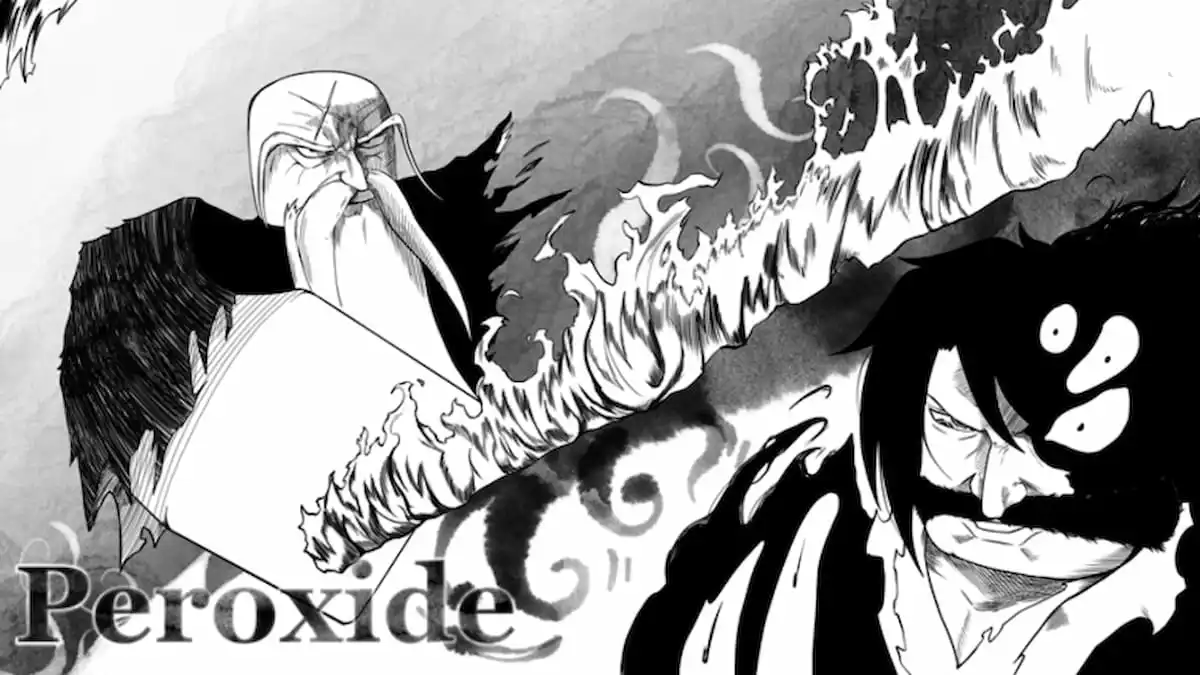


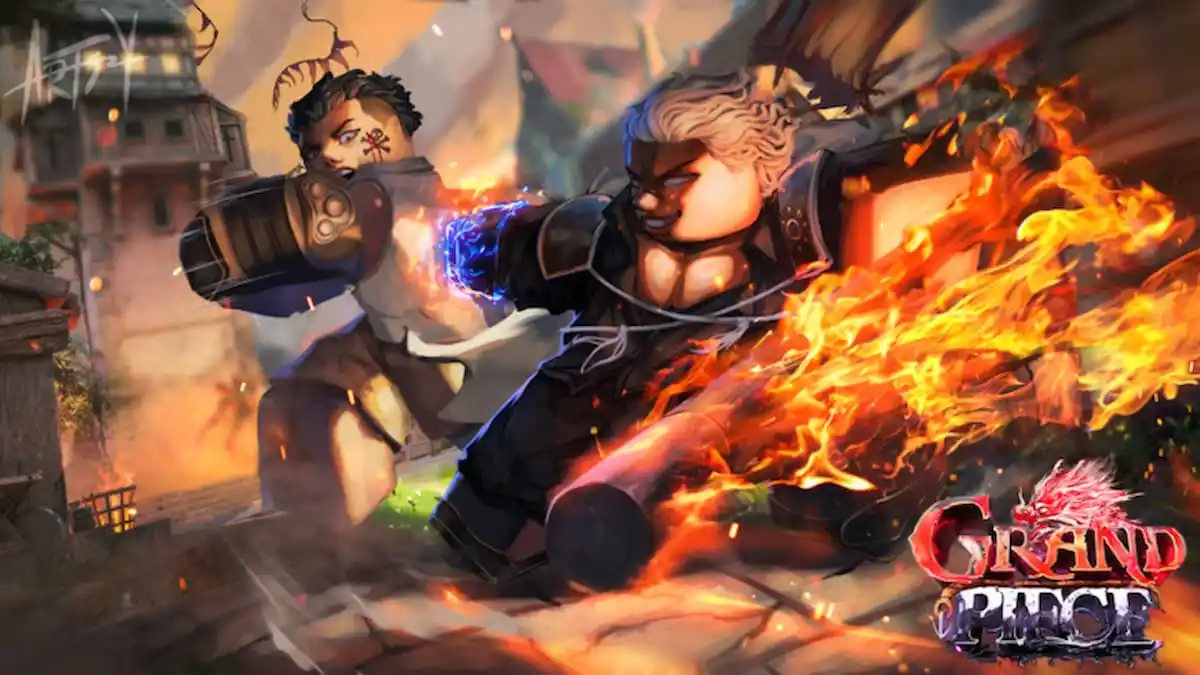
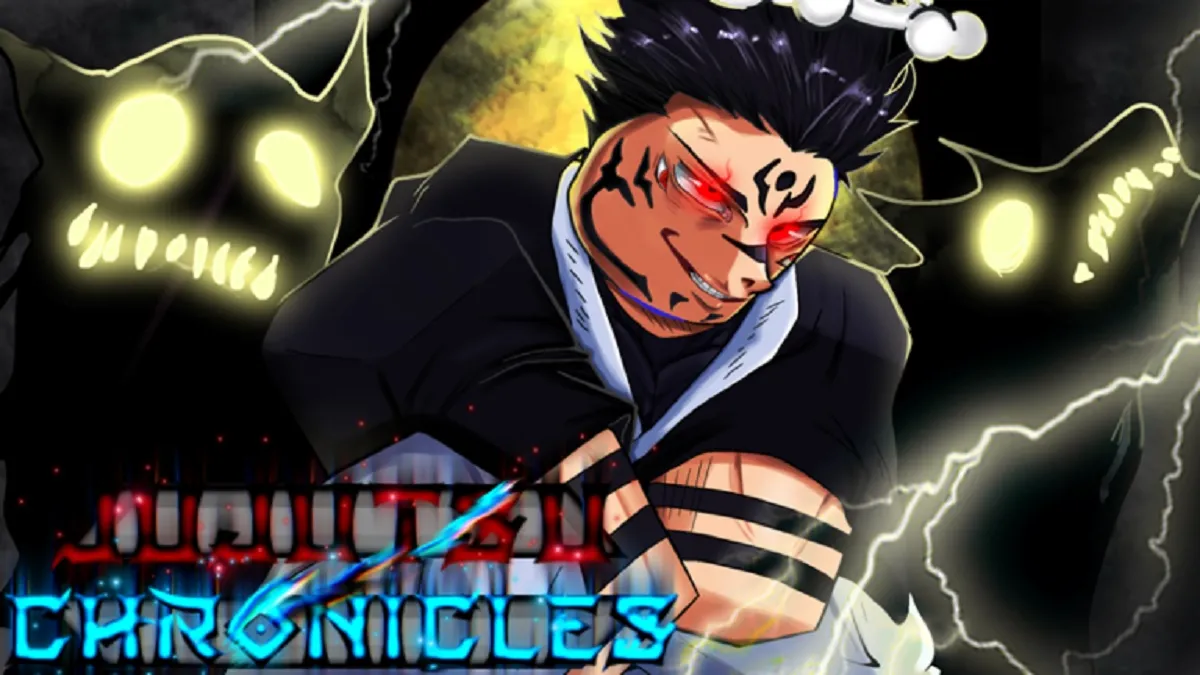
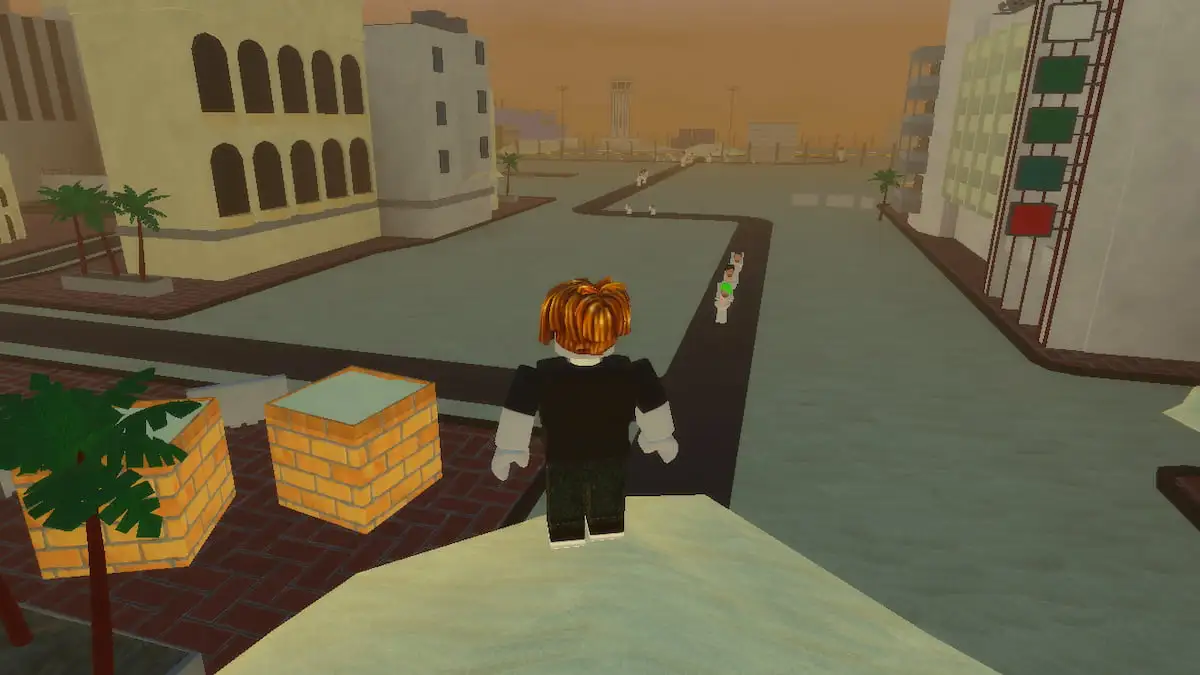

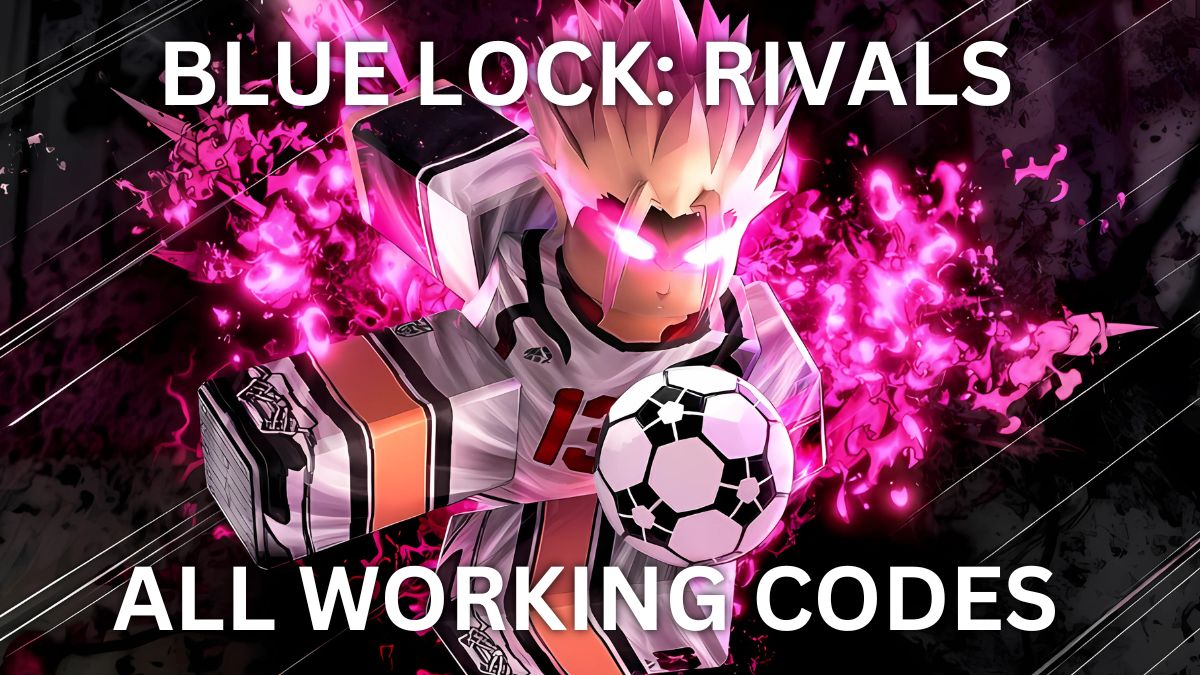
Updated: Jan 6, 2020 10:19 am